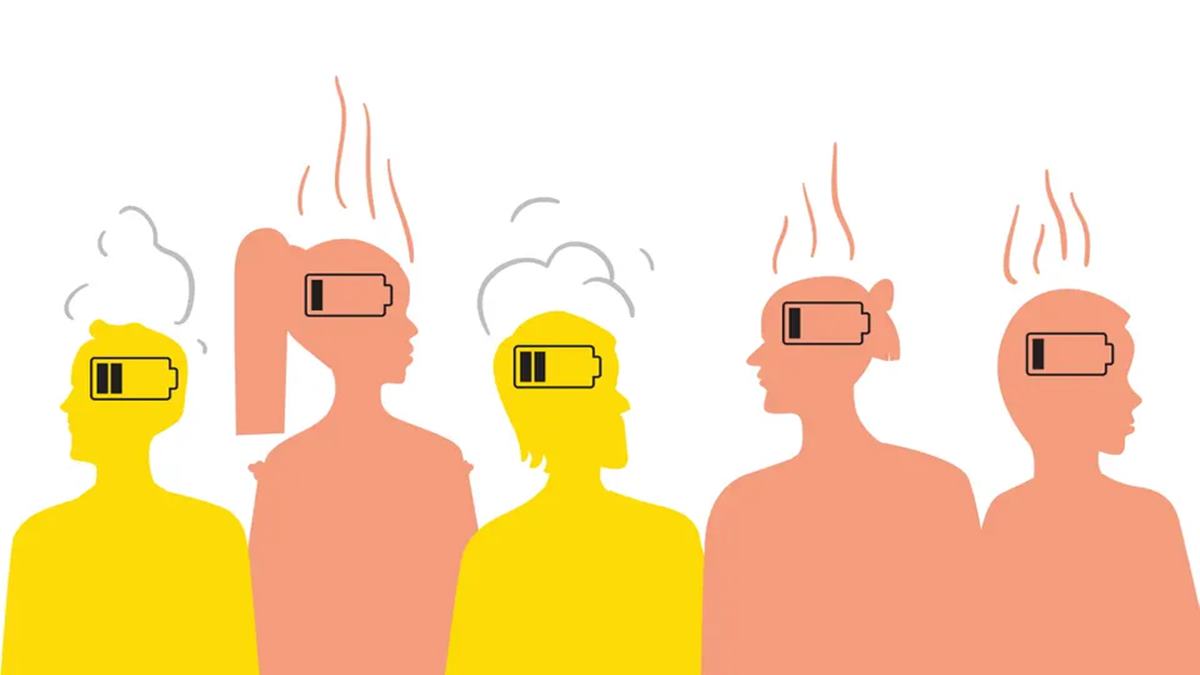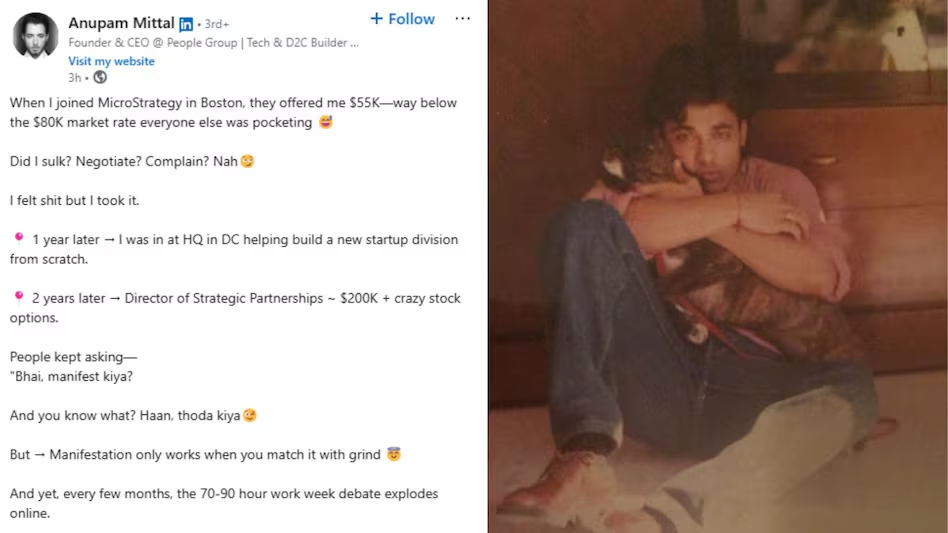A viral Instagram video by Chartered Accountant and financial educator Sarthak Ahuja has taken the internet by storm, mainly because of its unsettling claim: ChatGPT might know you’re about to quit your job… before you even realise it.
In the clip, Ahuja explains how companies are increasingly turning to AI tools like ChatGPT to predict which employees are most likely to resign—sometimes up to 18 months in advance—and are using these insights to guide appraisals, promotions, and retention strategies.
How does it work?
According to Ahuja, many companies that transcribe virtual meetings or record Zoom calls are now uploading those transcripts into ChatGPT. The AI is then trained to spot patterns in employee behaviour and language—particularly subtle cues that may indicate disengagement or detachment.
Some of the key signs it picks up on include:
- Shifting language: Employees using “you guys should” instead of “we should” are seen as distancing themselves from the team.
- Video fatigue: Frequent excuses for keeping the camera off during meetings is now a potential red flag.
“The right kind of managers are using this information to create a Retention Risk Matrix, which gives them a descending order ranking of least engaged employees with clear actionable steps that the manager must carry out this week to re-engage them,” Ahuja wrote in the caption on Instagram.
The retention risk matrix
Managers are reportedly using these AI-generated insights to create ranked lists of employees based on their likelihood of leaving the company. Ahuja says this matrix provides managers with clear action items to re-engage employees who are showing signs of detachment.
“It’s pattern recognition from human behaviour coupled with psychology and market dynamics into use,” Ahuja says in the video, which has already garnered lakhs of views and shares across platforms.
Commenting on the video, a user wrote, “Wow! Rather than use AI to improve retention they are using it to predict who is going to leave, and deny them promotion accordingly!”
Another user commented, “My bosses are predicting I will resign from the last 3 years. In reality, I am just bored.”
The third user disagreed, “Do you even know the file sizes of the recordings and the effort it takes to do what you’re saying. People trust their gut more than some analysis even if it has merit, in 2 years yes this may be true but not today. Your “some” might be the CA firm you work at.”
While the idea of AI predicting resignations sounds like a sci-fi HR dream, it also raises serious questions about employee privacy, transparency, and workplace trust. Critics argue that using meeting transcripts to evaluate mental state or loyalty could lead to unfair profiling or micromanagement.
Others warn that such systems, if trained on biased data, could misinterpret cultural or neurodivergent communication styles.
Still, Ahuja points out that when used responsibly, this technology could allow for timely interventions—giving companies a chance to retain valuable employees before it’s too late.
Whether you find it fascinating or frightening, AI’s role in shaping workplace decisions is growing—and it may already be silently influencing your career path. One thing’s for sure: ChatGPT isn’t just writing emails anymore. It might be reading between the lines of your next Zoom call.




















